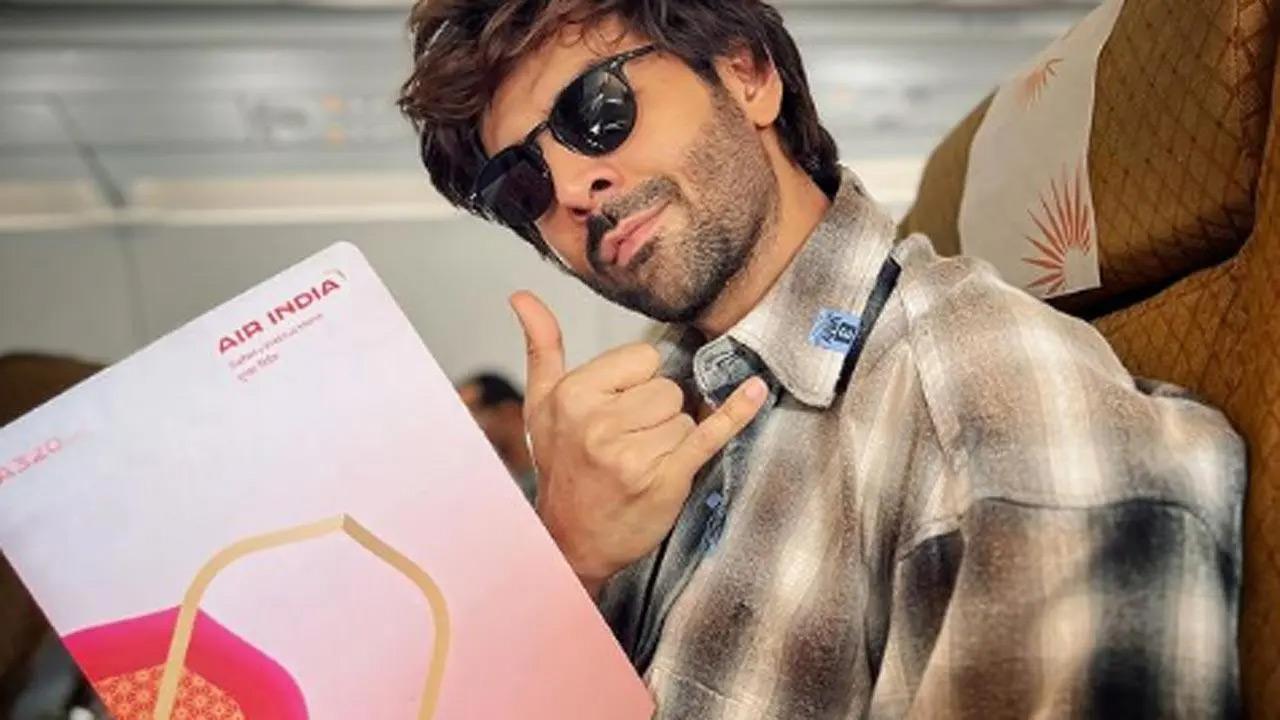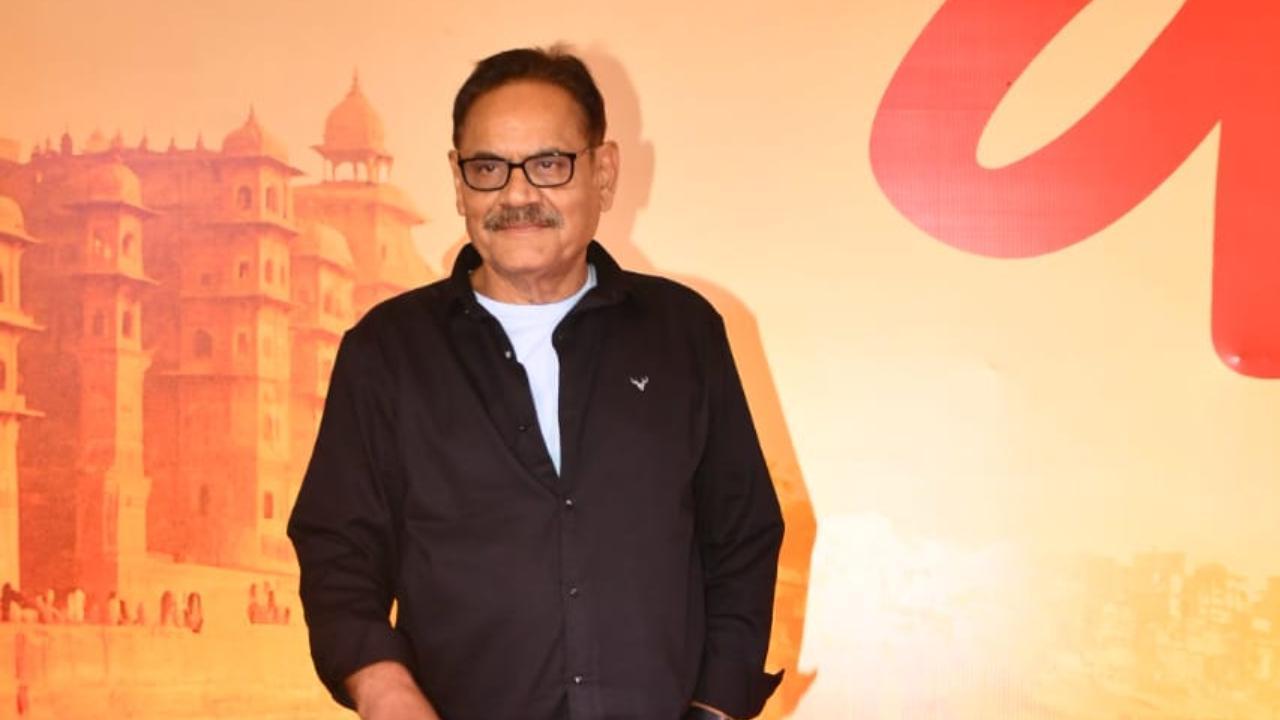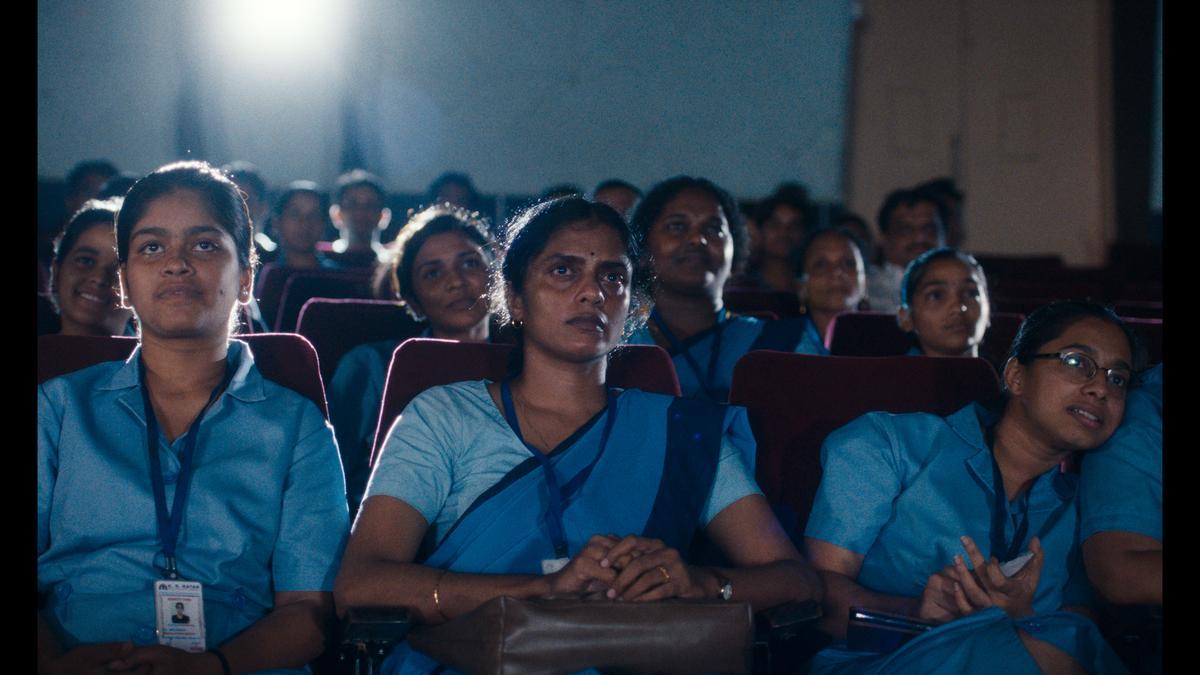
“Mumbai is a contradiction,” director Payal Kapadia remarked on the release day of her debut feature, *All We Imagine as Light*. This ground-breaking film made history by winning the prestigious Grand Prix at the Cannes Film Festival in May. Despite its accolades, the film has opened in India in a limited capacity, and intriguingly, not in Mumbai, where much of its narrative unfolds, but in Kochi. There, the film is displayed under its Malayalam title, *Prabhayay Ninachathellam*. Despite being in the running among 28 films to be India’s official entry to the Oscars, it lost out to Kiran Rao’s *Laapataa Ladies*.
The unconventional center-wise release approach for *All We Imagine as Light* has been spearheaded by Spirit Media, the distribution arm of Telugu star Rana Daggubati. They secured the Indian distribution rights following the film’s triumph at Cannes and are also facilitating its release in the US and France.
Payal Kapadia’s engaging narrative follows the lives of two Kerala nurses residing in Mumbai, portrayed by Kani Kusruti and Divya Prabha. Captured evocatively by cinematographer Ranabir Das, the film delves deep into their friendship and longings. Remarkably, it was the first Indian film in 30 years to compete for the Palme d’Or and the first-ever to clinch the Grand Prix, the second highest honor at Cannes.
Even as accolades poured in from Prime Minister Narendra Modi and the Film and Television Institute of India (FTII), Kapadia’s alma mater, the discourse within India around the film’s success was charged. Many in the industry pointed out the stark contrast between India’s quick embrace of cinematic triumphs at international forums and the glaring lack of support and infrastructure for independent films domestically. One spotlighted issue was the delayed release of government rebates promised to international co-productions like *All We Imagine as Light*.
When queried about this rebate status, Kapadia told The Hindu, “It was still in process when I was hearing about it but now I think it will be released very soon.”
In an exclusive interview, Kapadia and Daggubati shared insights into the film and its distribution strategy. Daggubati revealed that it was his partner at Spirit Media, Prateeksha Rao, who first introduced the company to the film. “We were blown away by how such a beautiful film was made right here and we didn’t know about it. It’s a lovely, Indian-crafted story about Malayalis living in Bombay,” Daggubati enthused. “This required a unique approach, different from routine cinema that you typically see in theatres.”
Spirit Media, traditionally focused on Telugu cinema, is testing new waters with this film. “Our mission at Spirit Media is to amplify unique voices. We’ve primarily done this within the Telugu regional set, partly due to the smaller audiences. However, distributing *All We Imagine as Light* is an exciting expansion,” Daggubati explained.
For Kapadia, the collaboration with Spirit Media felt like kismet. “Right after Cannes, we met with Prateeksha and felt their clear vision for the film. Distributing independent cinema in India, especially in theatres, is tough. Collaborating between mainstream and indie filmmakers can build a strong ecosystem for such films,” she observed.
The current strategy, as shared by Daggubati, is to ensure the film has limited runs in significant film-watching markets. He pointed out an existing global phenomenon: festival circuits that bring niche audiences together in other countries.
. “In India, this is a novel exercise: taking the film from state to state, allowing it to grow organically,” he said. The initial response in Kochi was promising, with the first two shows filling up within minutes on BookMyShow.
Reflecting on the broader film ecosystem, Daggubati lamented the absence of a communication network among Indian filmmakers. “In the Telugu industry, independent filmmakers at least have a few preview theatres to show their work to distributors. There’s nothing like that across the country.” He expressed hope that expanding beyond their Telugu comfort zone with this indie film marks the start of more cross-country collaborations.
Kapadia highlighted the necessity of more funding avenues for independent films in India. “Earlier, we had funds to support such films. Now, they are few. We need both government and private funding systems. It’s crucial to have labs and film markets where potential investors and distributors can meet. Right now, festivals and distributors operate in separate silos. That needs to change.”
Daggubati commented on how global festivals, initially created for tourism, have provided a platform for diverse voices. He drew parallels with cinema in countries like the USA, where institutions like the Oscars boost visibility. “We don’t have such a unifying event in India except for the National Awards. Just as independent cinema needs grants, major awards and their ecosystems need support too.”
In discussing Mumbai, Kapadia underscored the city’s contrasting nature. “It offers myriad possibilities, especially for women, making travel easier. Yet, it’s also challenging, with daily survival often a test.” She aims to present these contradictions in her film, highlighting Mumbai’s dualities from an insider’s perspective.
Daggubati shared his personal connection to Mumbai, describing it as a place that feels both like home and yet not, because of its relentless energy. “Mumbai is the real land of opportunity, filled with some of the smartest, most enthusiastic people.”
In concluding thoughts, Rana and Kapadia appreciated other significant films. Kapadia mentioned enjoying mainstream films such as Karan Johar’s *Rocky Aur Rani Kii Prem Kahaani*. Daggubati discussed films like *Sairat* and *C/o Kancharapalem* that caught his eye.
With the success of mainstream Indian films like *Baahubali*, *RRR*, and *KGF*, Daggubati remains optimistic that the time for independent cinema will emerge in due course.
*All We Imagine as Light* is a testament to this optimism, already setting a precedent in Indian cinema.










